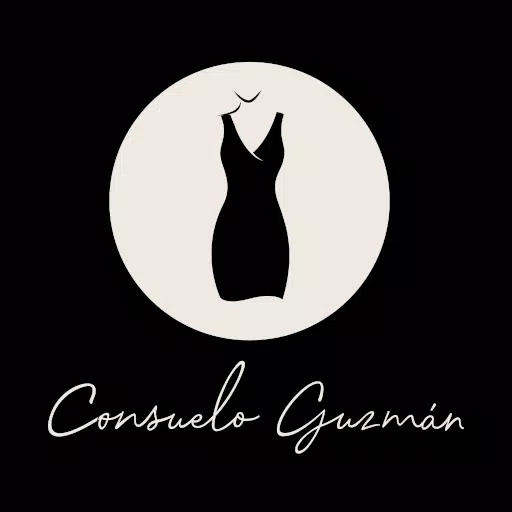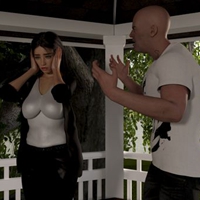Neil Druckmann: "Sequel Planning Requires Confidence I Lack"
At the DICE Summit in Las Vegas, Naughty Dog's Neil Druckmann and Sony Santa Monica's Cory Barlog discussed the pervasive theme of doubt in game development. Their hour-long conversation covered self-doubt, recognizing successful ideas, and approaching character development across multiple games.
Druckmann surprisingly revealed he doesn't plan sequels beforehand. He focuses intensely on the current project, approaching each game as if it were his last. Any sequel ideas are spontaneous, integrated directly into the current game rather than saved for later. He views sequel development as a retrospective process: identifying unresolved elements and exploring new directions for characters. If no compelling path exists, he suggests ending the character's arc. He cited the Uncharted series as an example, emphasizing the iterative nature of their development, where each sequel built organically upon the previous one.
Barlog, conversely, admitted to a more meticulously planned approach, connecting current projects to ideas conceived years earlier. He acknowledged the inherent stress and potential for conflict arising from such long-term planning, especially given the changing teams and perspectives across multiple projects. Druckmann countered that this requires a level of confidence he doesn't possess, preferring to concentrate on the immediate tasks at hand.
The discussion shifted to the driving forces behind their careers. Druckmann shared an anecdote about Pedro Pascal's perspective on art as "the reason to wake up in the morning," echoing his own passion for game development despite the inherent stress and negativity.
Druckmann then posed a question to Barlog about the point at which the creative compulsion becomes "enough," particularly in light of a colleague's recent retirement. Barlog's response was candid and insightful, describing the relentless nature of creative drive and the difficulty of appreciating accomplishments. The "demon of obsession" continues pushing for more, even after reaching significant milestones.
Druckmann expressed a similar sentiment, but with a more measured approach. He highlighted the importance of creating opportunities for others by gradually stepping back from day-to-day responsibilities, eventually allowing others to take on the challenges and creative risks. Barlog, in a humorous counterpoint, jokingly declared his intention to retire.
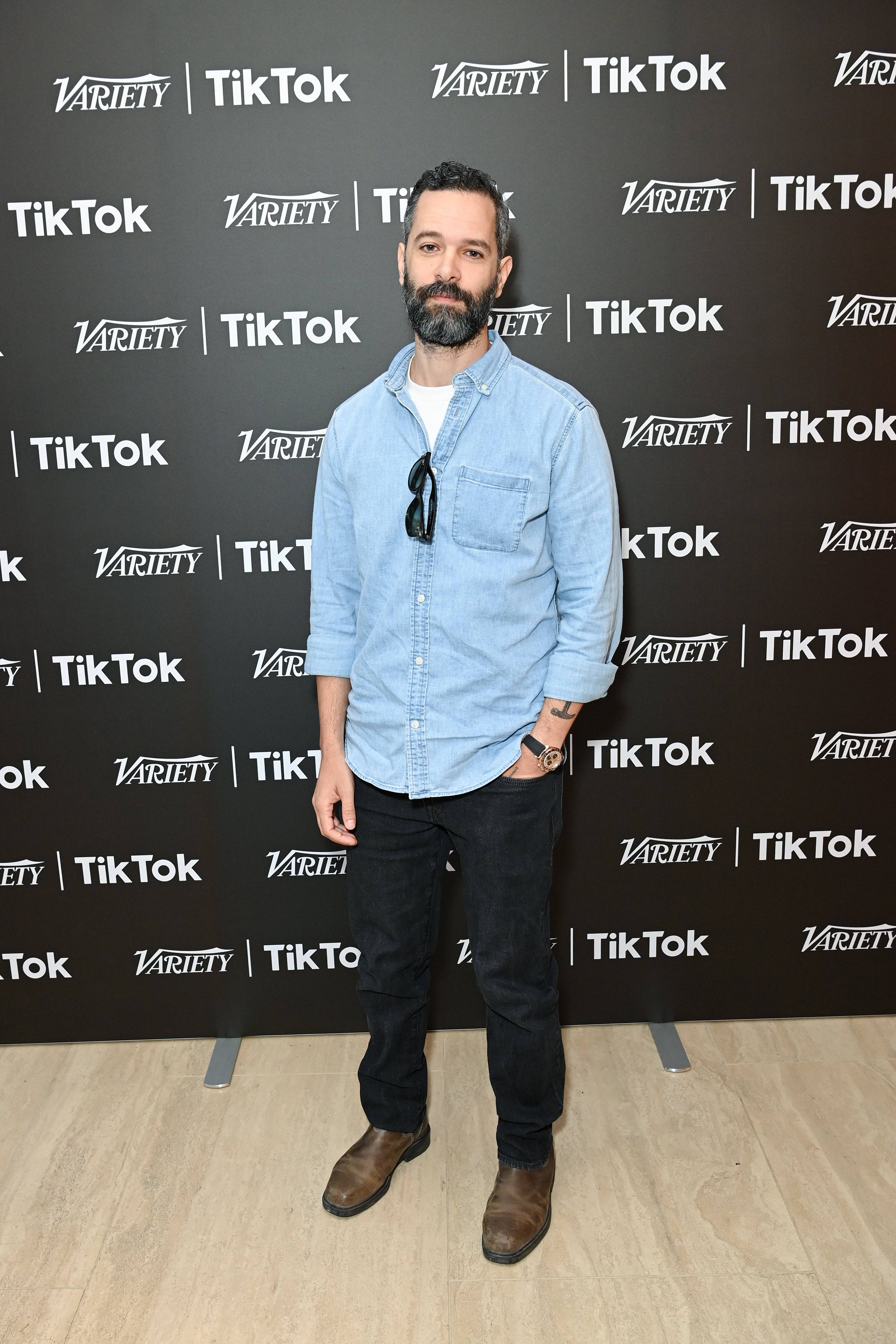
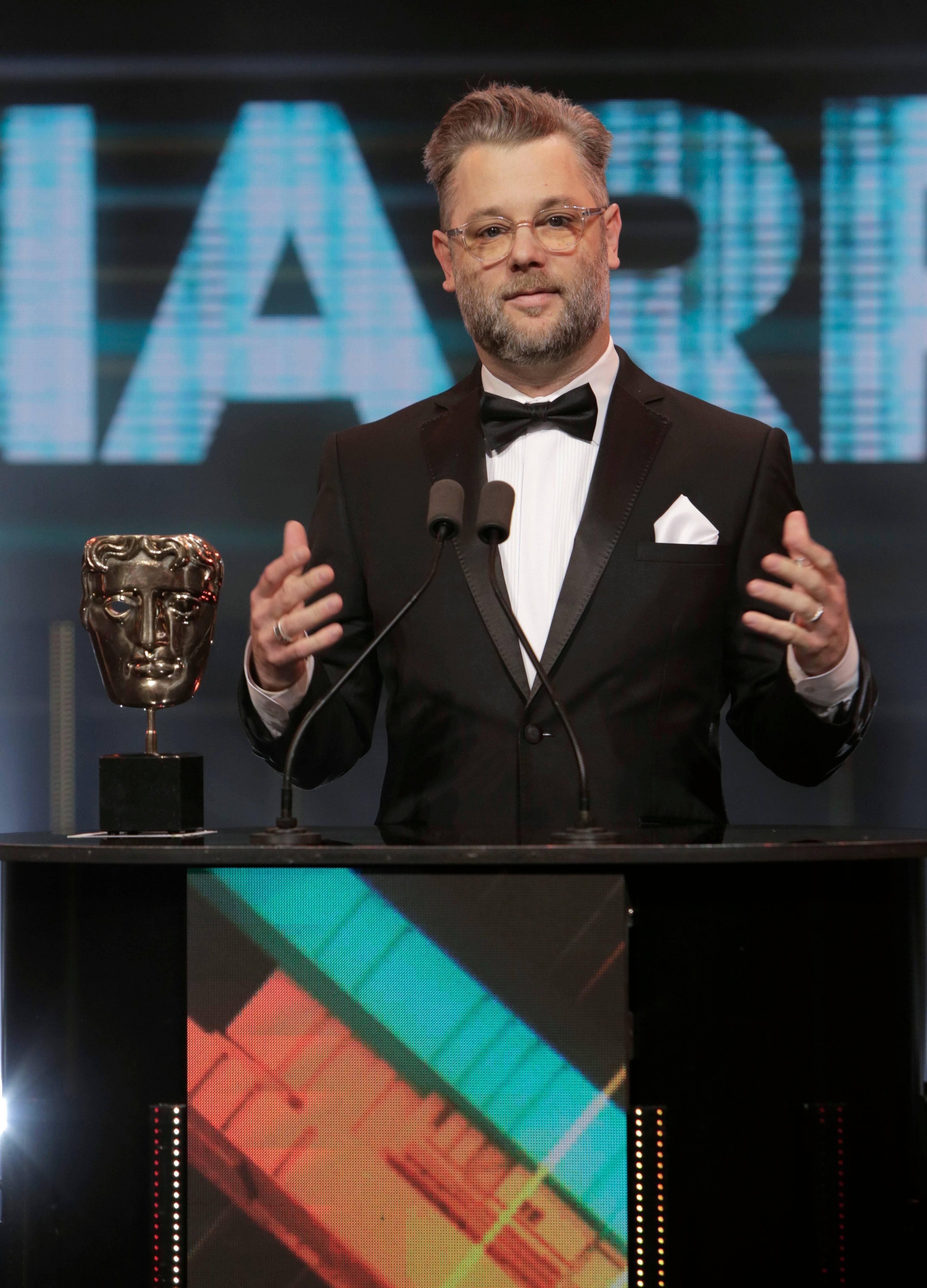
-
1

GTA 6 Set for Fall 2025 Release, CEO Confirms
Apr 03,2025
-
2

First ALGS in Asia Emerges in Japan
Jan 19,2025
-
3
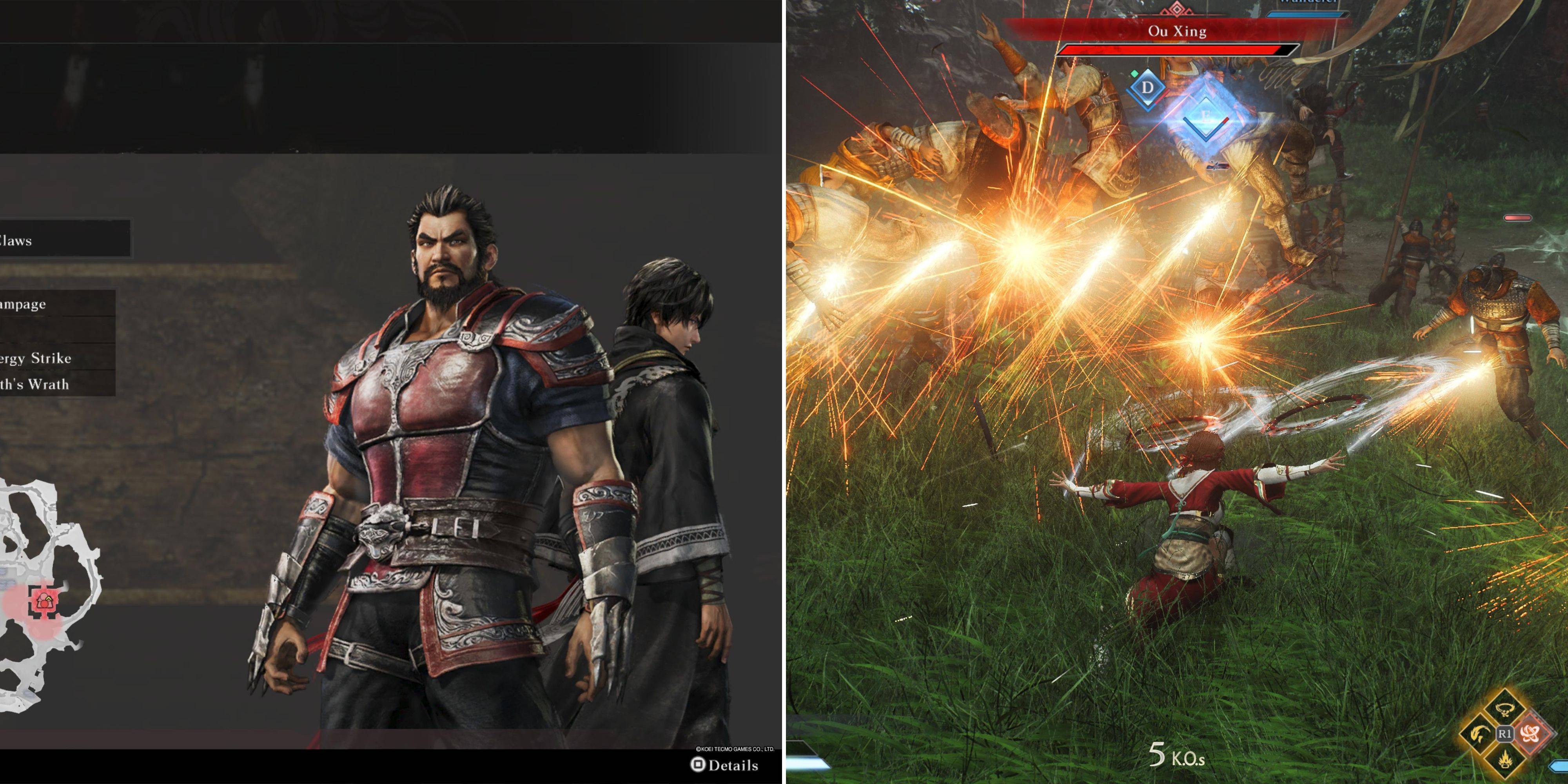
Introducing the Ultimate Guide to Seamless Character Swapping in Dynasty Warriors: Origins
Feb 25,2025
-
4
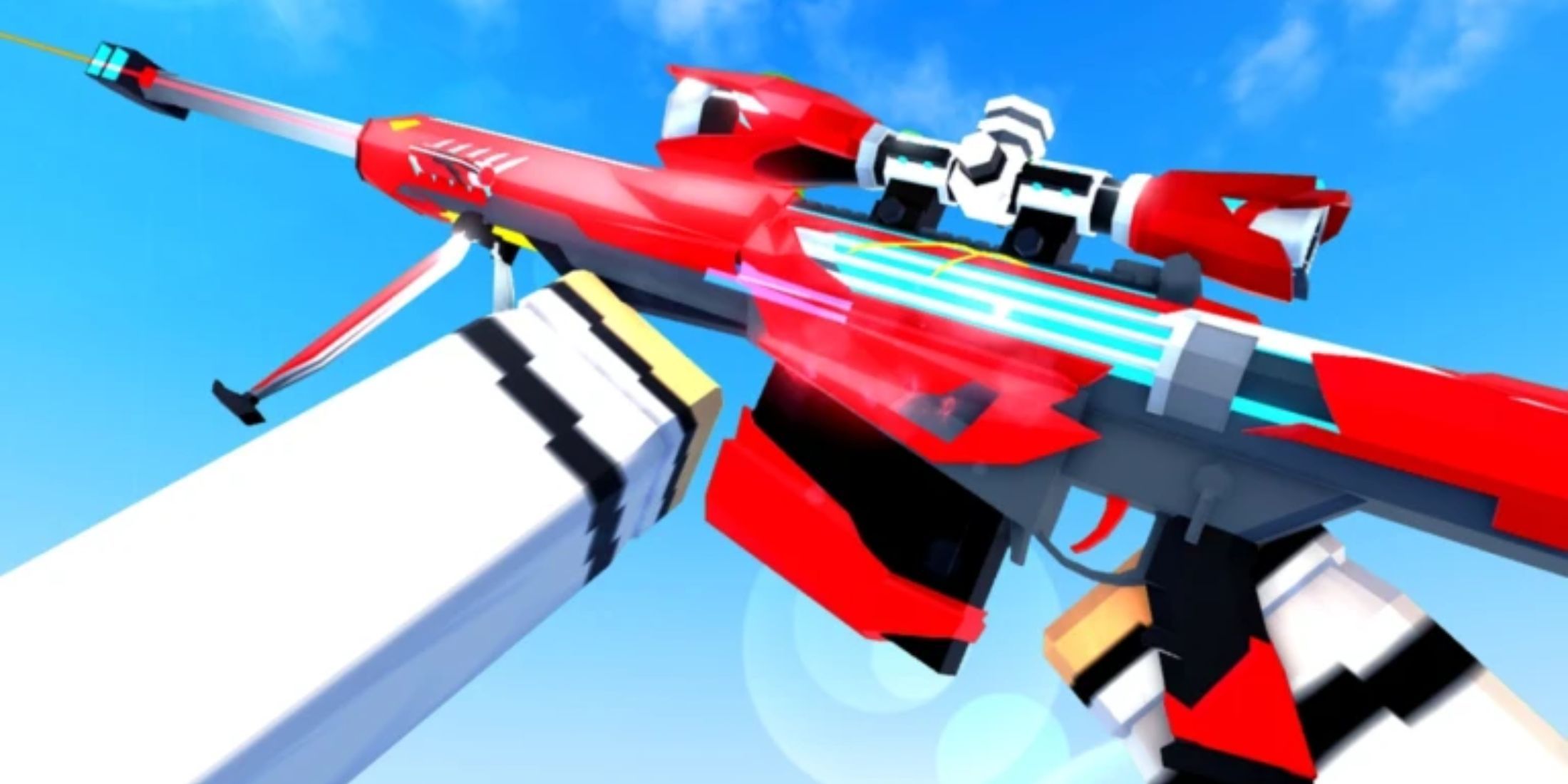
Roblox: CrossBlox Codes (January 2025)
Mar 04,2025
-
5
![Roblox Forsaken Characters Tier List [UPDATED] (2025)](https://img.jdzca.com/uploads/18/17380116246797f3e8a8a39.jpg)
Roblox Forsaken Characters Tier List [UPDATED] (2025)
Mar 05,2025
-
6
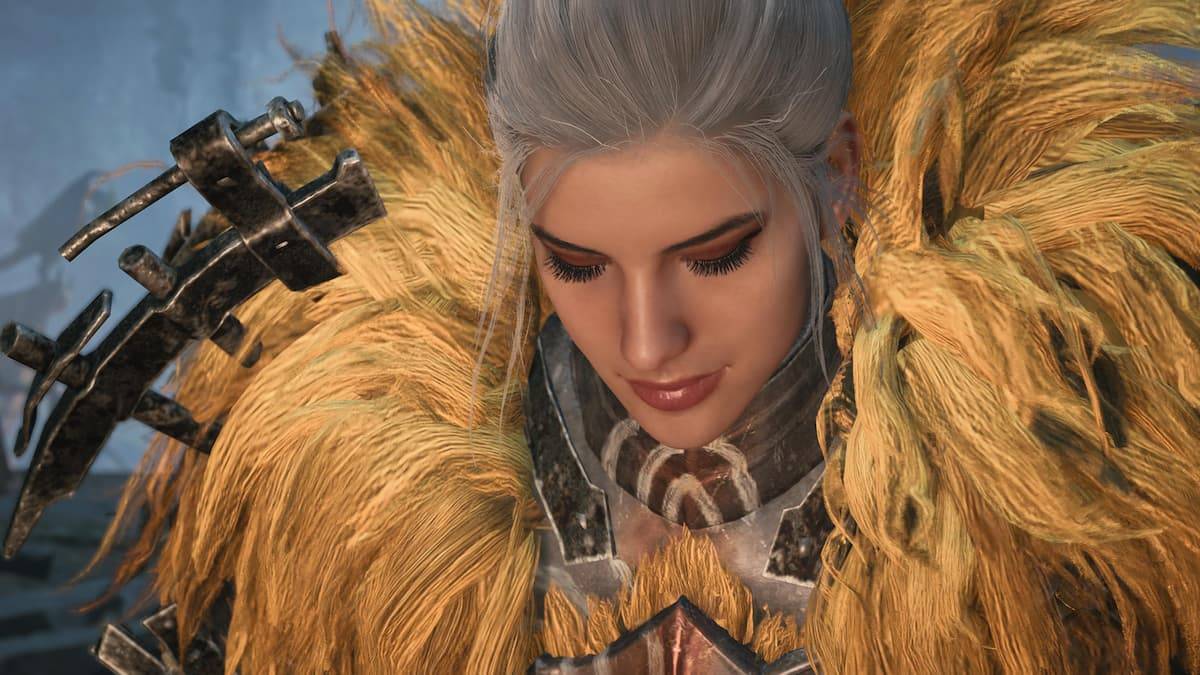
Max Hunter Rank in Monster Hunter Wilds: Tips to Increase
Apr 04,2025
-
7
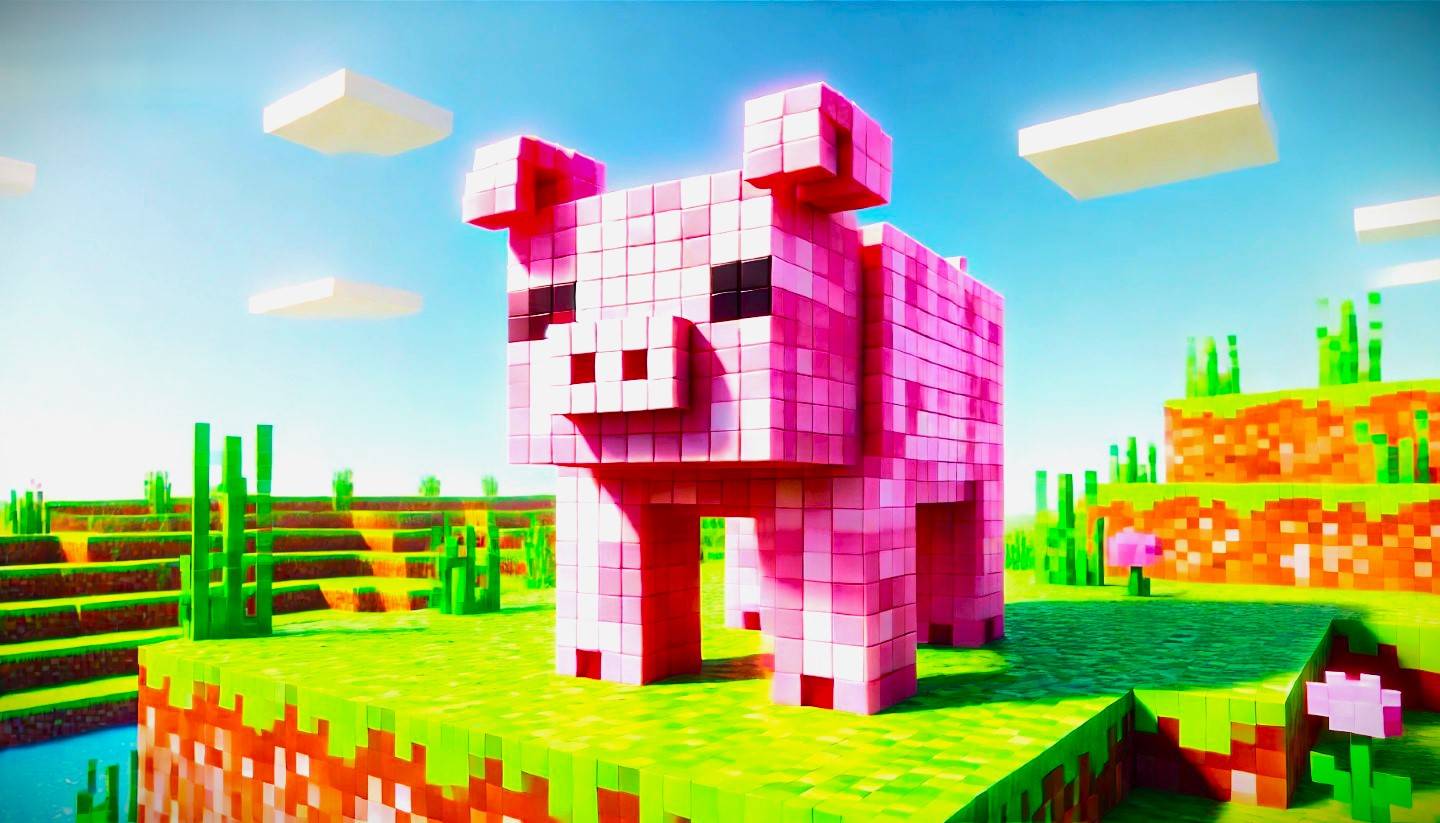
Cute mobs in Minecraft: pink pigs and why they are needed
Mar 06,2025
-
8
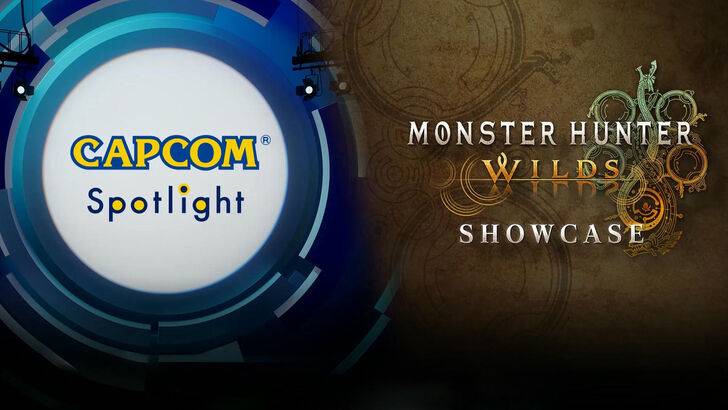
Capcom Spotlight Feb 2025 Showcases Monster Hunter Wilds, Onimusha and More
Apr 01,2025
-
9
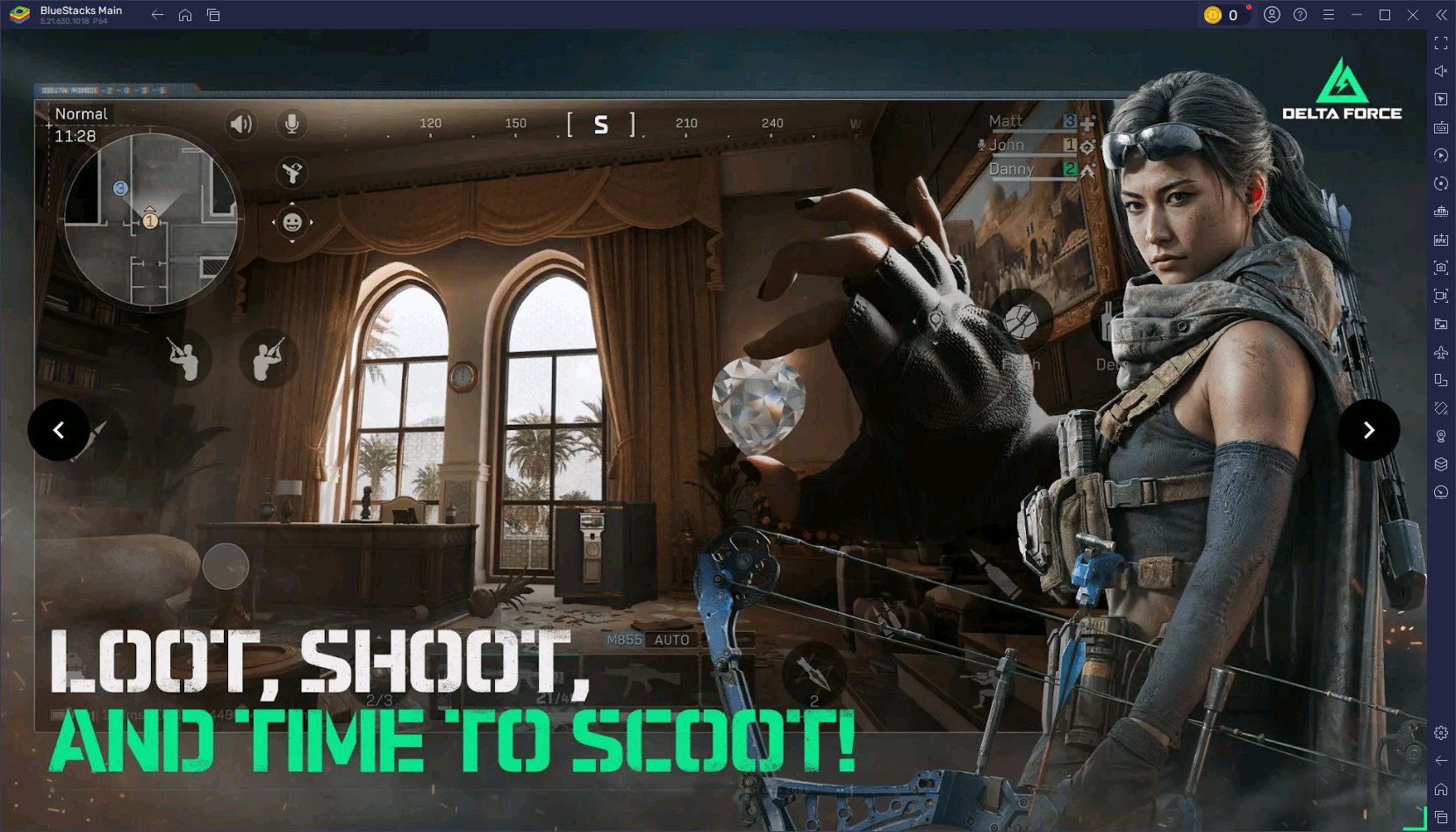
Delta Force Mobile: Beginner's Guide to Getting Started
Apr 23,2025
-
10
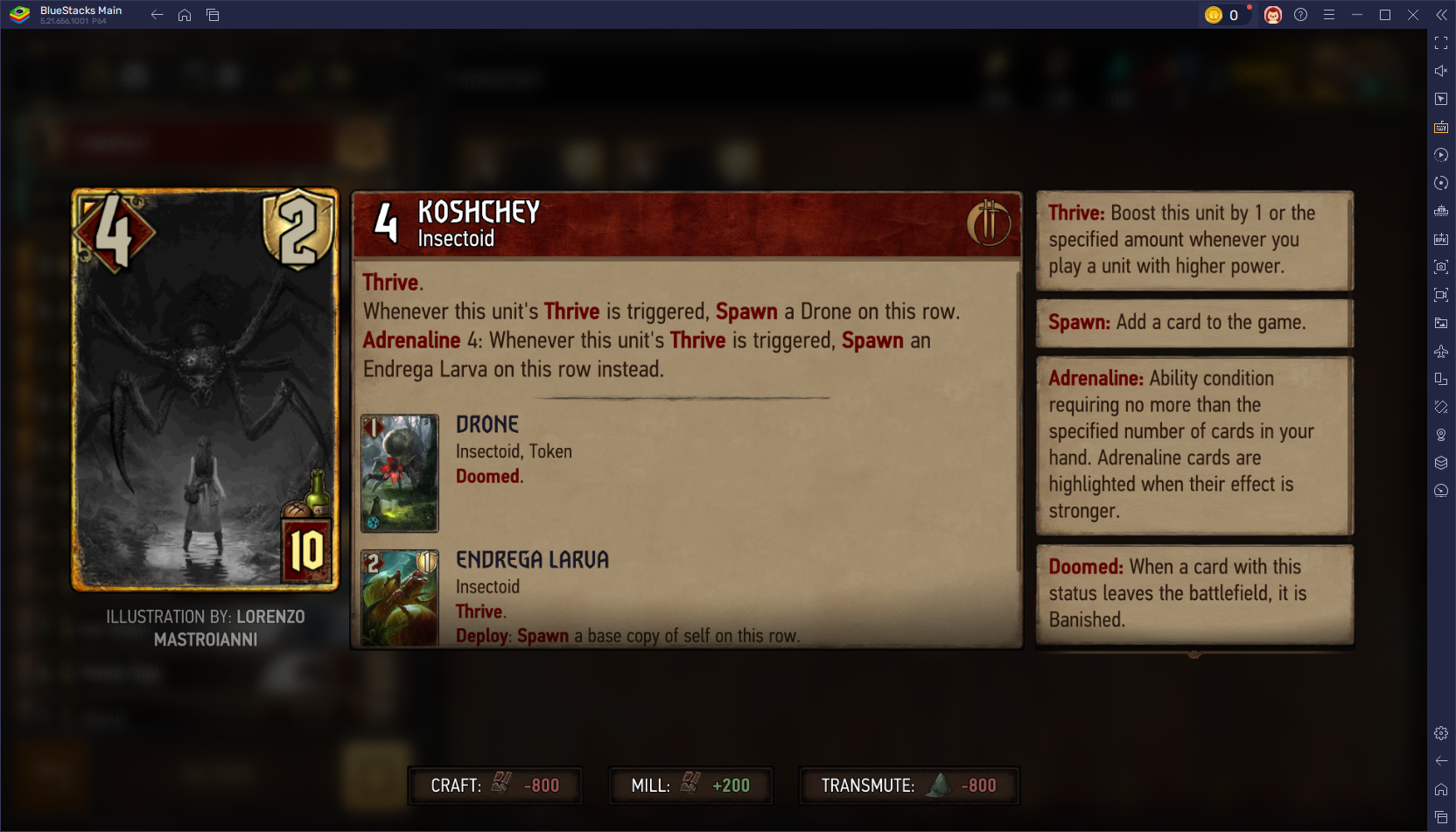
Gwent: Top 5 Witcher Decks (2025 Update)
Mar 13,2025
-
Download

Portrait Sketch
Photography / 37.12M
Update: Dec 17,2024
-
Download

Friendship with Benefits
Casual / 150.32M
Update: Dec 13,2024
-
Download
![[NSFW 18+] Sissy Trainer](https://img.jdzca.com/uploads/16/1719638919667f9b874d57e.png)
[NSFW 18+] Sissy Trainer
Casual / 36.00M
Update: Dec 11,2024
-
4
F.I.L.F. 2
-
5
슬롯 마카오 카지노 - 정말 재미나는 리얼 슬롯머신
-
6
Pocket Touch Simulation! for
-
7
Shuffles by Pinterest
-
8
Life with a College Girl
-
9
Chubby Story [v1.4.2] (Localizations)
-
10
Hunter Akuna







